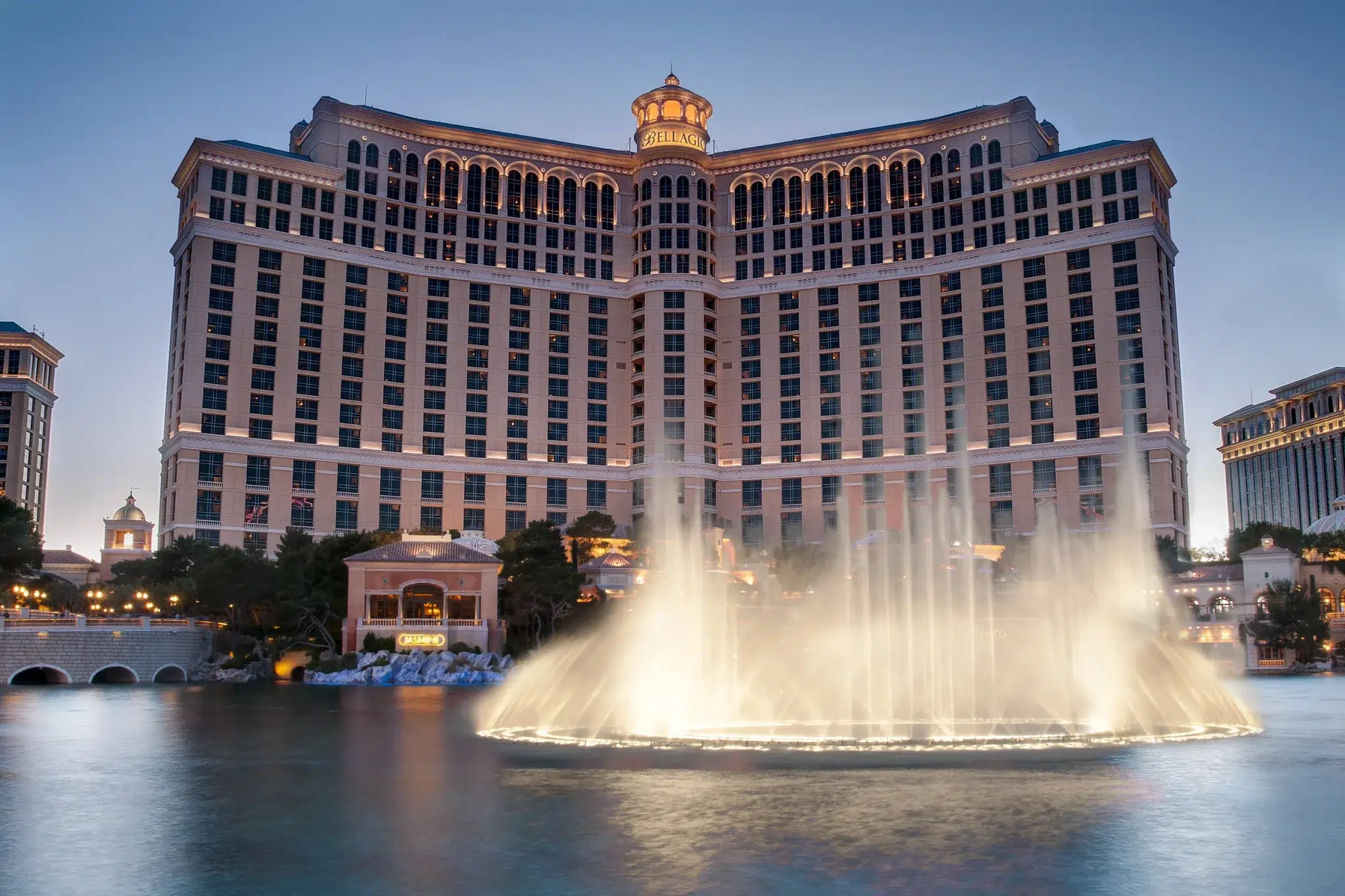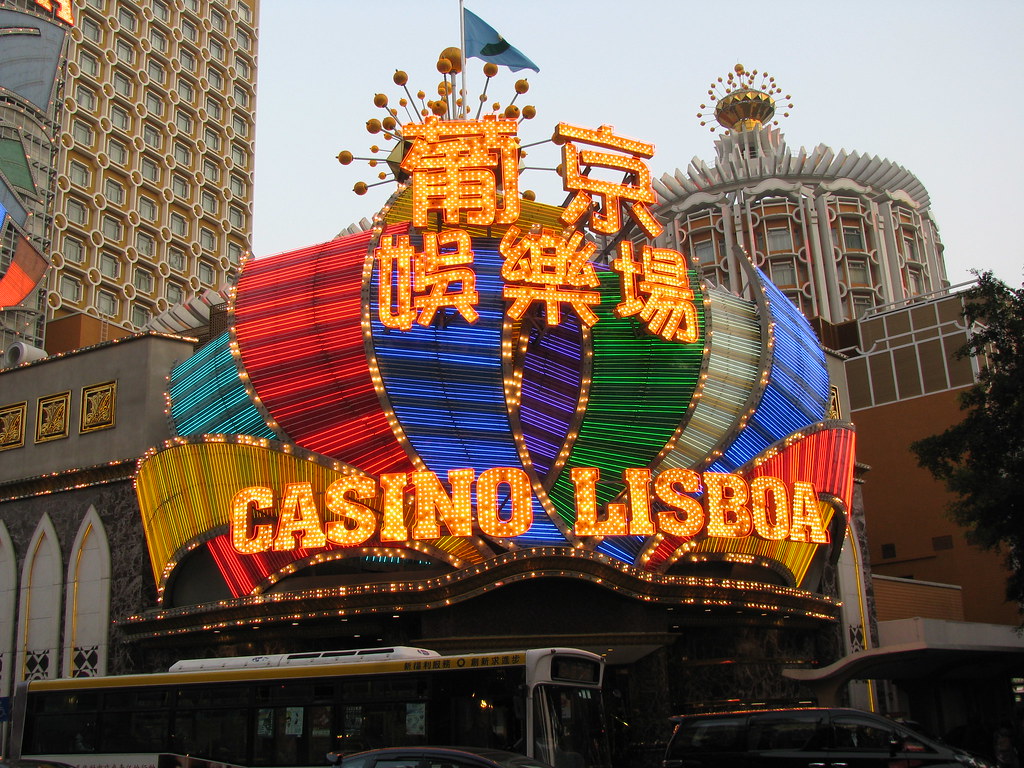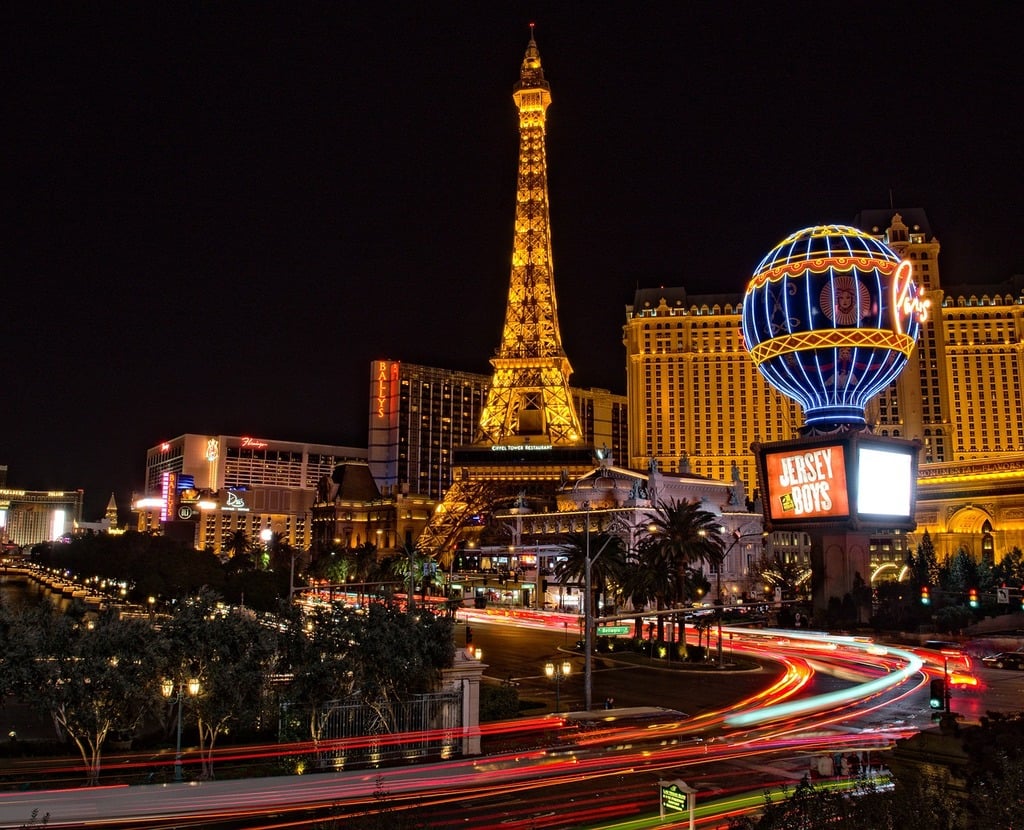The gambling industry has long been hailed as a magical elixir for tourism—nothing boosts economic growth like rows of slot machines and the sweet sound of chips being raked in by the house. People often talk about how casinos can really help local economies and make places more appealing to tourists.
Winning gamblers even become accidental tourism ambassadors, enthusiastically promoting the very place that tried to take their money. Meanwhile, popular online casino websites blur the lines between gaming, tourism, and sheer financial recklessness, proving that the thrill of the gamble isn’t limited to physical casinos.
However, not everyone buys the hype; some argue that casinos may not be the golden ticket they claim to be, and that tourism seasonality remains a much bigger concern.
From Dusty Towns to Global Tourism Giants
Towns that were once sleepy become hives of activity when they open a casino. A arid halt in the Mojave Desert is what Las Vegas was before it became associated with high-stakes gaming and neon signs.
Equally unassuming, Macau was a Portuguese colony that thrived on its colonial architecture rather than its abundance of tourist attractions. The establishment of casinos in these cities not only increased their earnings but also transformed them into world-renowned tourist hotspots.
|
City |
Tourism Before Casinos |
Tourism After Casino Boom |
|---|---|---|
|
Las Vegas |
Primarily a railroad stop with limited attractions. Few visitors outside of those passing through. |
Now welcomes over 38 million tourists annually, with casinos, entertainment, and nightlife as key draws. |
|
Macau |
A niche destination, mostly visited by regional travellers. |
Attracts nearly 40 million visitors per year, surpassing Las Vegas as the world’s largest gaming tourism hub. |
|
Singapore |
Previously focused on business travel, not leisure tourism. |
Marina Bay Sands and Resorts World Sentosa helped increase leisure tourism by over 20% within five years. |
|
Monte Carlo |
A quiet European microstate struggling to attract high-end travellers. |
Became a playground for the world’s elite, with luxury tourism deeply tied to its famous casino. |
It took more than simply adding casino machines and poker tables to turn once-ghost communities into sparkling tourist destinations. Not at all!
Gambling establishments brought with them a whole new world of entertainment that kept visitors spending money even when they weren’t playing the slots. You may as well give your winnings to pricey shops or restaurants boasting celebrity chefs if you’re not going broke at the tables.
Tourist Overcharges at Casinos: The Ideal Excuse

Of course, once a city gains casino fame, everything around it miraculously becomes more expensive. But you’re on vacation—why not pay $30 for a cocktail and pretend it tastes better than the cheap version back home?
- Hotels & Resorts – From budget motels to absurdly lavish suites, casino cities make sure there’s a room for everyone—especially high-rollers who get the best ones for free (as long as they keep losing).
- Entertainment Extravaganza – Who needs Broadway when you can have magicians, Cirque du Soleil, and washed-up pop stars performing six nights a week?
- Fine Dining & Shopping – Because going all out at Louis Vuitton after a losing run at the roulette table is the ultimate expression of “I had a great time.”
- Convention Capital – Let’s be real: Most people attending business conferences in Vegas are there for anything but the business part.
Tourism revenue: who really wins? Hint: not the tourists:
|
City |
Annual Visitors |
Casino Tourism Revenue |
|---|---|---|
|
Las Vegas |
38 million+ |
$11.96 billion (2019) |
|
Macau |
39 million+ |
$45 billion (2013 peak) |
|
Singapore |
19 million+ |
$4 billion (2018) |
Casino tourism is mostly about buying unnecessary stuff while pretending you’re living the dream. And hey, even if you end up broke, you’ll still have that really expensive steak and hotel suite to look back on.
When the House Loses: Failed Casino Dreams

Not every city that bets on casinos hits the jackpot. While Las Vegas and Macau turned gambling into tourism empires, others learned the hard way that a few slot machines and a fancy hotel don’t magically attract millions of visitors. Some cities poured billions into casino projects, only to watch them collapse under bad planning, economic miscalculations, and fierce competition.
Who knew? Meanwhile, RajBet prove that you don’t even need a physical casino anymore, just a good internet connection.
|
City |
Casino Tourism Plan |
Cost & Loss |
What Went Wrong |
|---|---|---|---|
|
Atlantic City, USA |
In the 1970s, legalized gambling was supposed to revive this struggling seaside town and make it the “Las Vegas of the East.” |
Estimated cost: $11 billion+ invested over decades. Losses: 12 casinos closed since the 1980s; city filed for state financial aid in 2016. |
After an initial boom, crime skyrocketed, infrastructure crumbled, and new casinos in Pennsylvania and New York stole business. |
|
Jeju Island, South Korea |
Aimed to become the “Macau of Northeast Asia” with multiple foreigner-only casinos. |
Estimated cost: $1.8 billion+ in investments. Losses: Resorts struggle with low occupancy, and several projects were delayed or canceled. |
Strict gambling laws (locals can’t play), lack of direct international flights, and Macau’s dominance. |
|
Cairns, Australia |
The Aquis Resort was planned as a $8 billion integrated casino-resort to attract wealthy Chinese gamblers. |
Estimated cost: $8 billion planned, but project never launched. Losses: $50 million in pre-construction spending before cancellation. |
Community backlash, environmental concerns, and China’s crackdown on gambling junkets killed investor confidence. |
|
Vladivostok, Russia |
Russia designated this region as a gambling zone to lure Chinese and Korean tourists. |
Estimated cost: $2.2 billion planned for multiple casinos. Losses: Only one major casino opened, and it operates at a loss. |
Poor infrastructure, freezing winters, government instability, and unreliable investor interest left the region underdeveloped and unattractive for tourists. |
Apparently, casinos don’t automatically create tourism booms. Without proper infrastructure, demand, and a reason for tourists to keep coming back, all these cities were left with were empty hotels, debt-ridden investors, and a bunch of really expensive regrets.
Unlike in Vegas, what happens in these places doesn’t stay there—it lingers as a reminder that not every bet pays off.
Conclusion
Casinos are a time-tested magnet for tourists, drawing millions with the promise of excitement, luxury, and the thrill of the game. Yet, not every city hits the jackpot.
Poor planning, weak infrastructure, or misjudging market demand can turn billion-dollar investments into failures. Additionally, the rapid rise of online casinos is reshaping the industry, making it easier than ever for gamblers to play without ever setting foot in a physical casino.





















